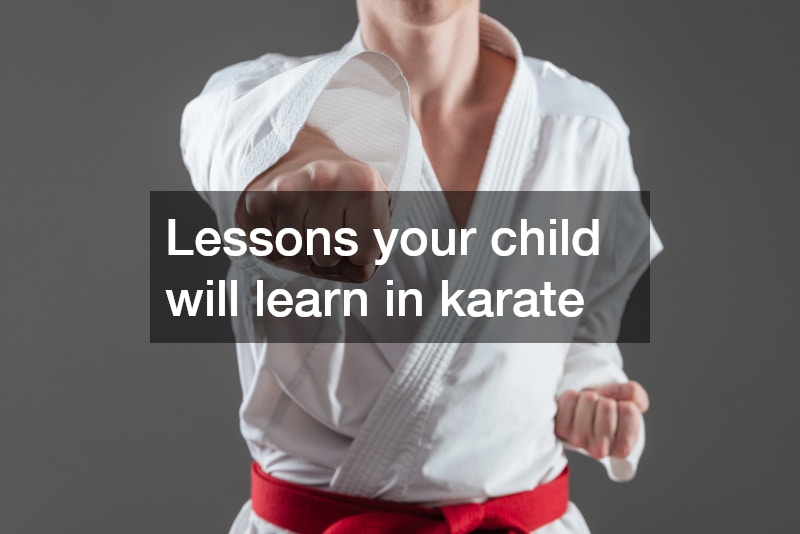
Karate is an excellent way to support early child development by building physical and social skills. According to Healthy Children, more than 6 million children in the United States are active in martial arts. It’s not just about self-defense—karate helps young learners develop a range of skills that benefit them beyond the dojo. From toddlers to Pre-K students, karate classes provide valuable lessons that promote personal growth.
Balance and Coordination
One of the key benefits of karate is its ability to improve balance and coordination, which is a crucial part of child development. Preschoolers are at a crucial stage in their physical development, and mastering control over their bodies is a major milestone. The precise movements in karate, such as kicks, stances, and punches, help students develop better control and improve their motor skills. This not only supports their physical agility but also prepares them for other activities that require coordination.
Respect and Discipline
Respect and discipline are two core principles of karate and child development as a whole. Students learn the importance of listening to their instructors, following directions, and respecting their peers. These values naturally extend into other aspects of their lives, teaching them how to interact positively with others. The structured environment of karate encourages young learners to stay focused, listen carefully, and practice self-discipline—key traits that help them in the classroom and beyond.
Agility and Physical Fitness
Karate also promotes physical fitness and agility, which are essential for early development. Through karate training, students engage in exercises that improve their strength, flexibility, and cardiovascular health. The physical demands of karate, combined with the fun and dynamic nature of the practice, help keep young learners active while improving their overall fitness levels.
Confidence and Self-Esteem
As students progress in karate and master new techniques, their confidence grows. Achieving small milestones, such as earning a new belt or perfecting a move, gives students a sense of accomplishment. This boost in self-esteem helps them take on new challenges with enthusiasm and builds resilience for overcoming obstacles in and out of the dojo.
